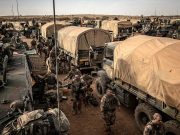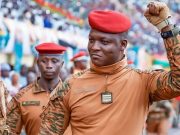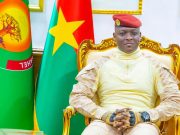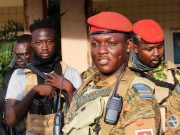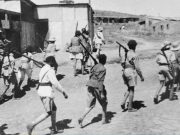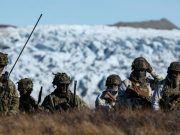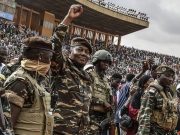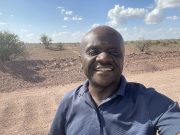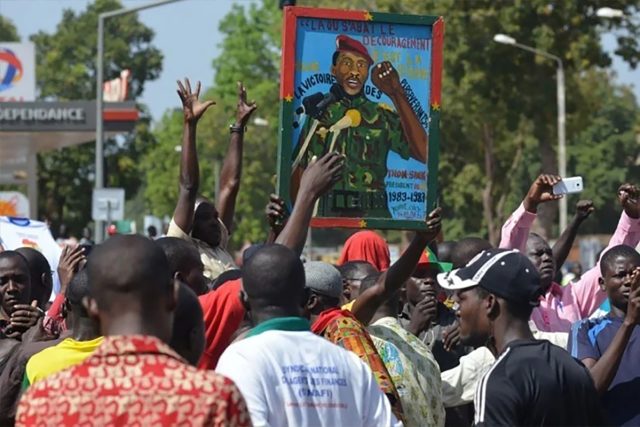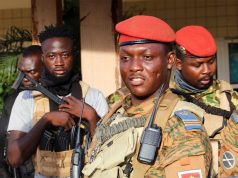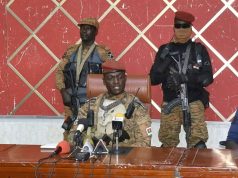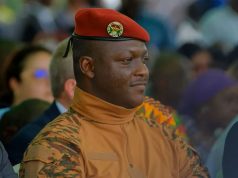October 30, 2014. Dust and smoke hung like a cloud in Ouagadougou’s hot streets. Burnt shells and tear gas canisters littered the crowded streets. Smoke curled into the sky like distant storm clouds. In the streets below, thousands surged, fueled by a deep desire to dismantle President Blaise Compaoré’s nearly three-decade rule. The President wanted a constitutional amendment to enable the removal of presidential term limits so that he could vie again the following year. This move directly fueled the demonstrations that had already been intensifying for several days.
Observing all of this from Kaya, a town in northern Burkina Faso where he was stationed with an infantry unit, was 26-year-old Ibrahim Traoré. Newly promoted to lieutenant, Traoré was acutely aware of the nationwide tension. Major unrest in the capital had put the entire army on high alert, including those like him stationed far from Ouagadougou. Despite the distance, he closely followed the surge of demonstrations. Traoré had witnessed similar protests against President Compaoré three years earlier, in 2011. And just like then, he silently cheered the people on, his Marxist commitment to the disadvantaged masses stronger than ever. In the chaos and courage of these demonstrations, he saw not just the President’s fall but the people’s rise.
